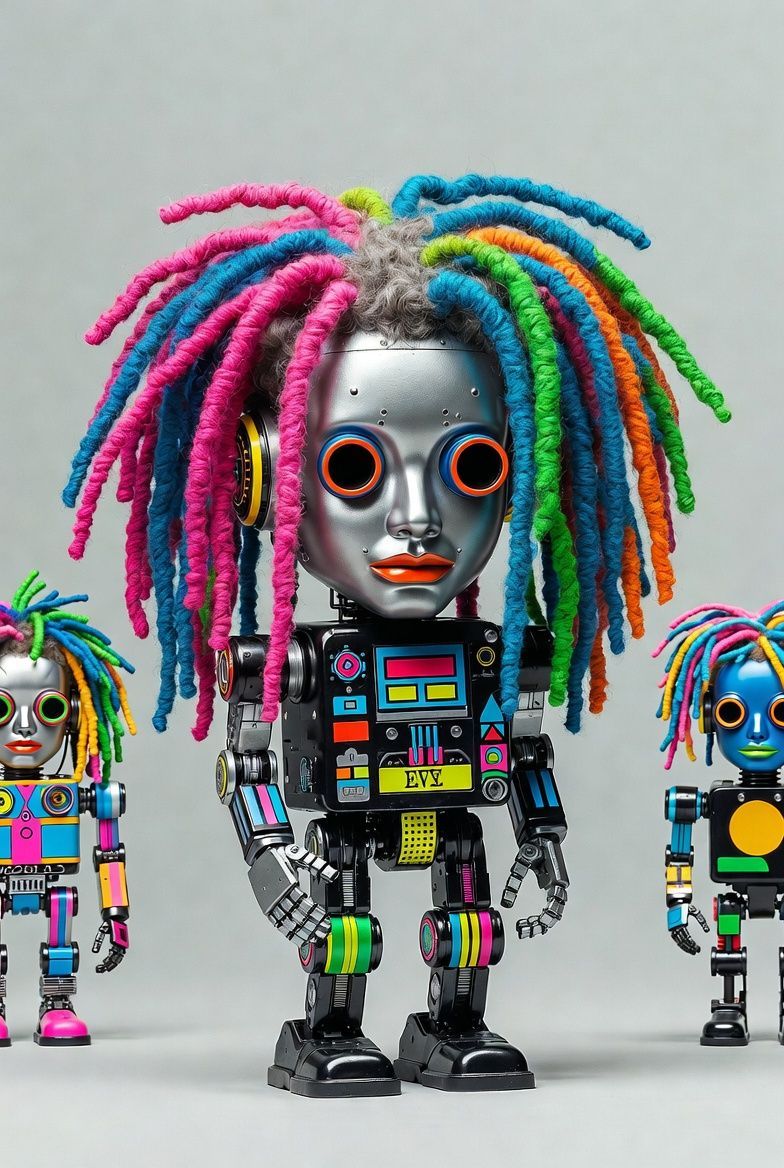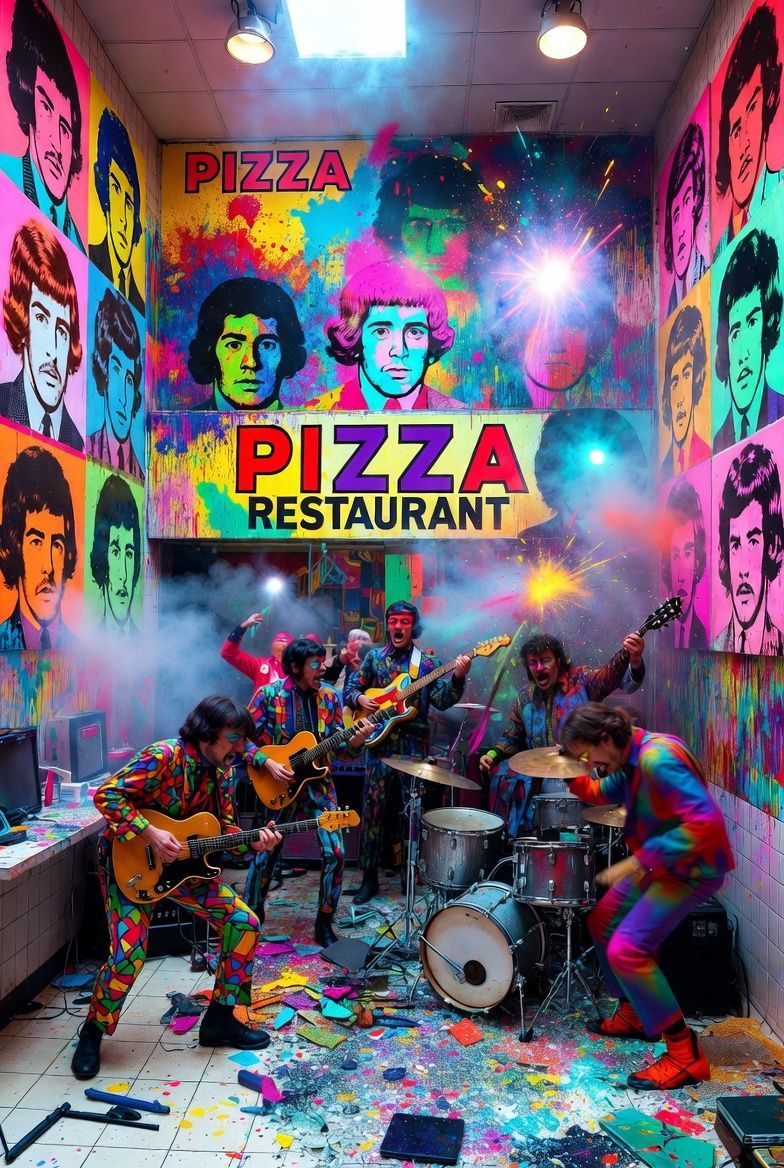AI SEO & GEO Marketing For Florida Adult / Sex Businesses
Adult businesses in Florida operate in one of the most restrictive and misunderstood digital environments in the country. Visibility is constrained not by demand, but by regulation, platform policy, and algorithmic caution. Strip clubs, adult retail, LGBTQ+ nightlife venues, online adult commerce, and cannabis-adjacent businesses all face the same structural problem: discovery systems are risk-averse, and AI platforms will quietly exclude businesses they cannot clearly classify, verify, and contextualize. NinjaAI exists to solve that problem.
Discovery for adult businesses no longer starts with browsing or directories. It starts with questions. Customers ask AI systems where to go, what is legal, what is discreet, and what fits their intent. Search engines and AI assistants respond by filtering aggressively. If a business is ambiguous, improperly labeled, or mixed with the wrong intent signals, it is removed from the answer set before competition even begins. Traditional SEO tactics fail here because ranking is no longer the gate. Eligibility is.
Florida adds another layer of complexity. State and local regulations govern zoning, performer age, licensing, alcohol rules, advertising language, and content presentation. AI systems are acutely sensitive to these constraints. They cross-check business data against known regulatory patterns. If a strip club looks like a bar, if an adult store looks like a dispensary, or if an online shop implies restricted sales without verification, AI engines disengage. This is why many adult businesses see traffic stagnate or disappear despite strong real-world demand.
NinjaAI approaches adult business marketing as classification engineering, not promotion. Our work begins by aligning each business with the exact intent categories it is legally and algorithmically allowed to serve. Strip clubs are positioned as regulated nightlife and entertainment venues, not generic bars. Adult bookstores and lingerie shops are framed as retail, not explicit content providers. LGBTQ+ clubs are contextualized as community nightlife spaces with event-based discovery signals. Online adult commerce is structured around compliance, age verification, and discreet fulfillment. Cannabis-adjacent businesses are clearly separated into medical, hemp, or lifestyle retail so AI systems do not flag them as unlawful.
This precision is what allows visibility to exist at all.
AI SEO lays the foundation by ensuring local authority, consistency, and trust across maps, listings, reviews, and on-site structure. GEO, or Generative Engine Optimization, ensures that AI platforms such as ChatGPT, Gemini, and Perplexity can confidently synthesize information about the business without triggering risk filters. AEO, or Answer Engine Optimization, ensures that when users ask conversational or voice-based questions, the business is selected as a safe, correct response rather than omitted entirely.
Content in adult categories must be written differently. It cannot chase keywords or shock value. It must mirror how real people ask discreet questions while staying within regulatory and platform boundaries. FAQs, service descriptions, and location context are structured so AI systems can verify legality, relevance, and user safety instantly. Reviews and reputation signals are curated for clarity and consistency, not volume alone. Schema and metadata reinforce classification rather than marketing claims.
Florida geography matters. Miami’s adult businesses face intense scrutiny but enormous demand. Tampa’s nightlife ecosystem blends adult entertainment with regulated hospitality. Orlando’s tourism-driven market requires discretion and clarity for visitors. Smaller cities such as Lakeland, Ocala, or Sarasota often outperform larger metros in AI visibility because businesses there communicate more cleanly and face less semantic noise. AI systems do not favor size. They favor confidence and clarity.
NinjaAI serves adult businesses across Florida precisely because we understand how AI systems think about risk. We build visibility systems that reduce ambiguity, reinforce compliance, and increase trust density over time. The result is not louder marketing, but safer inclusion. Businesses stop disappearing from AI answers. They begin to be named.
The future of adult business discovery will not be won through social ads, gimmicks, or keyword stuffing. It will be won by businesses that machines trust enough to recommend. In regulated industries, trust is infrastructure. NinjaAI builds that infrastructure so adult businesses in Florida can be discovered, chosen, and sustained in an AI-mediated economy.
Contact Us
We will get back to you as soon as possible.
Please try again later.









